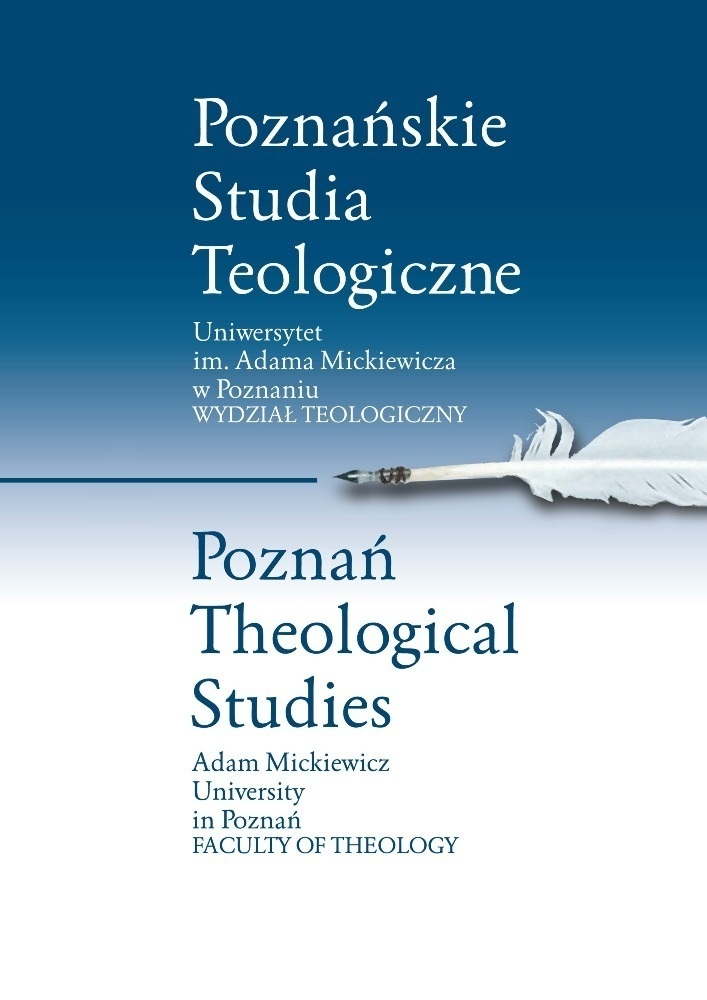Résumé
Gregory of Nyssa advocates the theory of a double creation, continuing, but also developing and modifying concepts sketched earlier by Philo of Alexandra and Origen. Similarly as the great Alexandrians, Nyssa finds grounds for his theory in Greek philosophy and the books of the Holy Scriptures, ascribing Gen 1,27a the first act of creatio, and the rest of the verse: „As man and woman he created them” referring to the second act of creatio, preparing human being for the coming fall. Whether Gregory resolves aporiae of his predecessors remains an open issue. However, only taking into consideration his theory of the double creation, at least as it is portrayed in the tract De hominis opifìcio, it is possible to define the place of human beings in the history of salvation both in the universal and individual sense. Soteriology in the universal sense appears in the thought of Nyssa as a general, arbitral re-creatio, and in the individual sense it takes a form of faith and hope in metanoia and return all the humans to God.
Licence
Copyright
© 2008 Uniwersytet im. Adama Mickiewicza w Poznaniu, Wydawnictwo Naukowe UAM, Poznań
OPEN ACCESS
